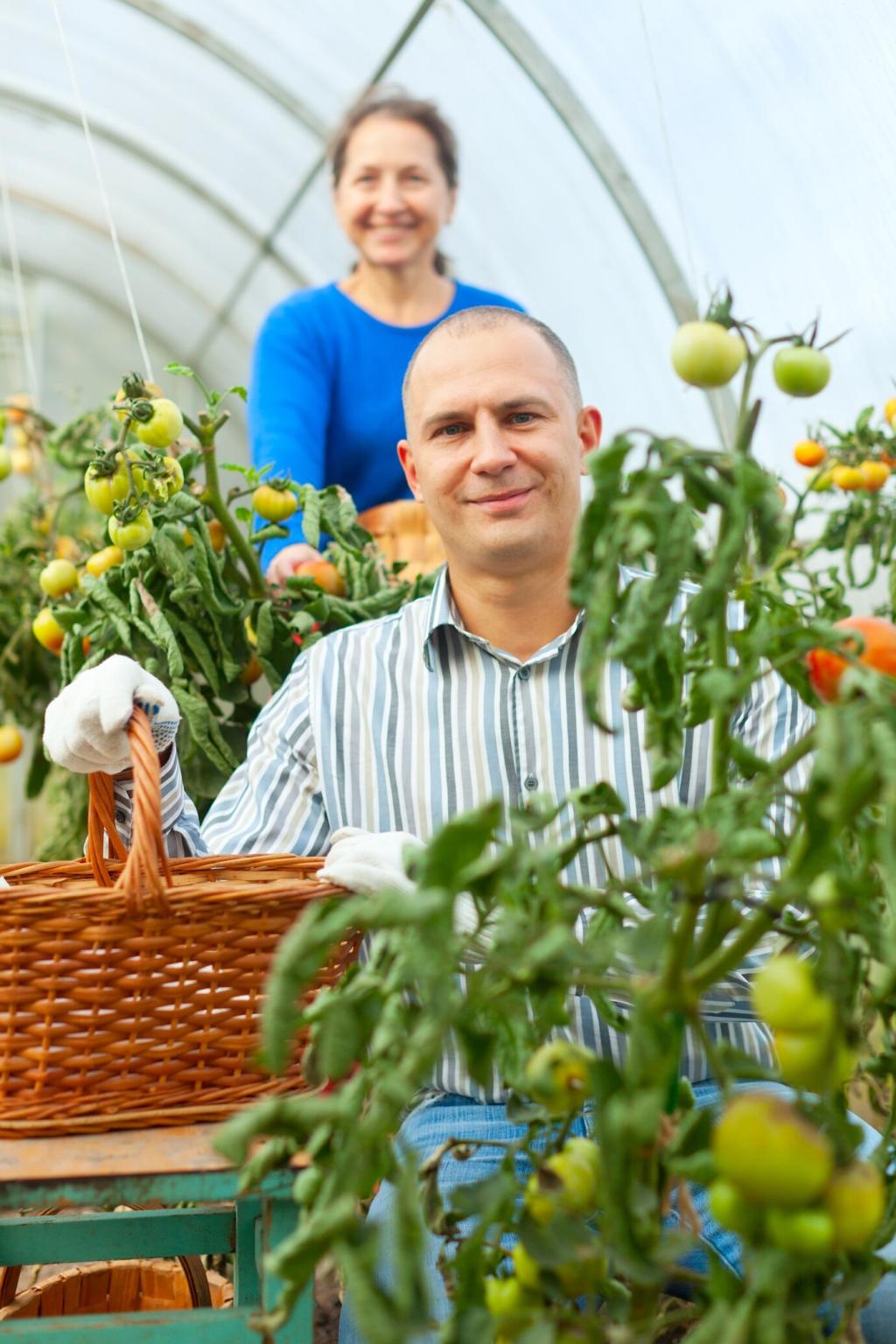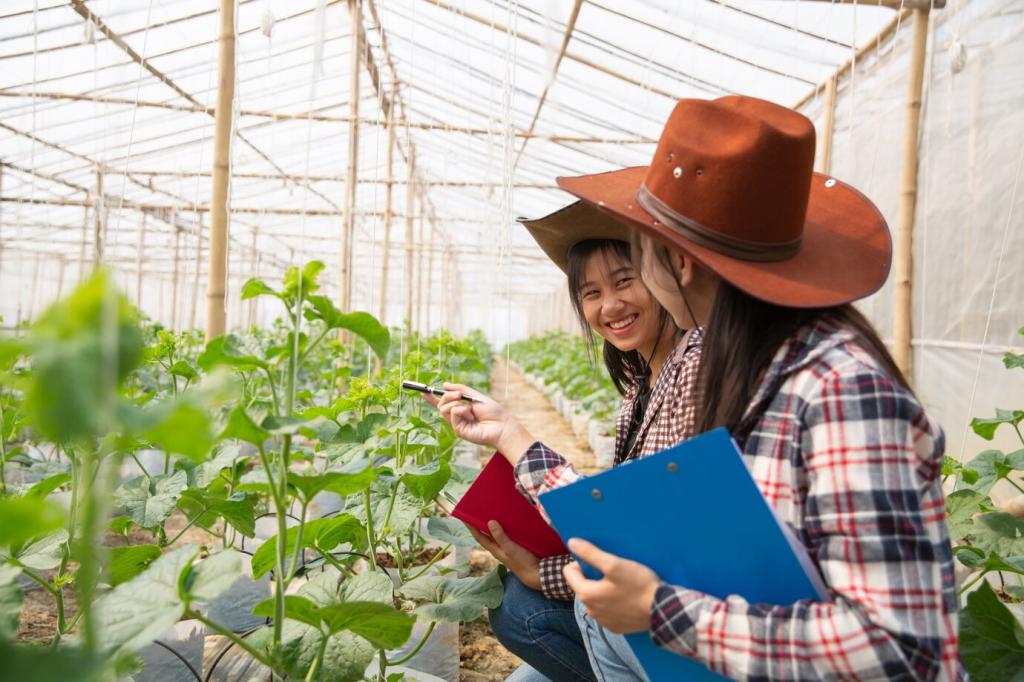The Role of Urban Farming in Community Resilience
Urban farming has emerged as a pivotal force in shaping resilient communities within rapidly urbanizing environments. By transforming underutilized urban spaces into productive agricultural areas, urban farming contributes to local food security, environmental sustainability, and social cohesion. It empowers city dwellers to participate in food production, fosters educational opportunities, and strengthens neighborhoods against various uncertainties. As global challenges such as climate change, supply chain disruptions, and economic fluctuations intensify, urban farming stands at the forefront of community-driven solutions that enhance adaptability and well-being in urban landscapes.


Reducing Reliance on External Food Systems
One of the most significant roles urban farming plays is diminishing city dependence on far-flung agricultural operations. When a city’s food supply travels hundreds or thousands of miles, it becomes exposed to interruptions due to natural disasters, fuel shortages, or economic instability. Urban agriculture counters this by bringing food production closer to the point of consumption. Rooftop gardens, vacant lot farms, and community vegetable plots supply neighborhoods with fresh produce quickly and efficiently, even in times of external crisis. By decentralizing food sources, urban farming ensures that if part of the supply chain fails, a safety net of local production limits the impact on daily life, enhancing community stability in uncertain times.

Increasing Access to Fresh Nutritious Produce
Urban farming initiatives commonly address issues of food deserts, where neighborhoods lack affordable and accessible fresh food. These projects bring fruits and vegetables directly into the communities most in need, often creating opportunities for residents to participate in the cultivation process. Access to fresh produce is essential for healthy diets and the prevention of chronic illnesses such as diabetes and heart disease. With urban farming, even those with limited mobility or financial resources can benefit from affordable or even free harvests. This direct access supports equitable health outcomes and underlines the importance of urban agriculture in promoting the physical well-being of all citizens.
Enhancing Environmental Sustainability
01
Greening the Urban Landscape
Urban farmland introduces vital patches of green space amid concrete and asphalt, mitigating the heat island effect common in densely built areas. The presence of gardens, orchards, and green rooftops moderates temperatures, enhances urban aesthetics, and provides much-needed habitat for pollinators and birds. This greening not only cools neighborhoods during hot weather but also supports mental well-being by offering residents a reprieve from built-up surroundings. Over time, the transformation of underused spaces into thriving gardens revives local ecosystems, balances urban development with nature, and contributes to the overall environmental comfort of city dwellers.
02
Conserving Resources and Minimizing Waste
Efficient resource management is fundamental to sustainable urban living. Urban farmers often employ water-saving techniques such as drip irrigation and rainwater harvesting, reducing dependence on municipal water supplies and preserving scarce resources. Composting and upcycling organic waste into fertilizer diverts significant amounts of material from congested landfills, closing the nutrient loop within city boundaries. Through these conservation efforts, urban farms teach residents practical methods to reduce waste and lower their ecological footprint, demonstrating how collective action can contribute to resource sustainability on a citywide scale.
03
Promoting Biodiversity and Ecosystem Services
Urban farms are havens for a variety of plant and animal species, enriching city biodiversity that may be lost to relentless development. The introduction of a wide array of crops, flowers, and native plants attracts beneficial insects, supports bird populations, and creates microhabitats for wildlife. These diverse ecosystems provide essential services such as pollination, natural pest control, and soil regeneration within urban spaces. By nurturing healthy, diverse environments in the city, urban agriculture plays a vital role in maintaining ecosystem balance and enabling resilience to environmental shocks.
Previous
Next
Fostering Social Cohesion and Community Engagement
Urban gardens and farms serve as inclusive meeting points where neighbors interact and collaborate. Whether tending raised beds, organizing harvest festivals, or participating in decision-making, residents connect in meaningful ways that build trust and solidarity. These shared spaces offer an antidote to the isolation often felt in large, anonymous cities by fostering a sense of belonging and shared purpose. Over time, the relationships forged in the garden extend beyond the growing season, providing support networks that help individuals and families weather social or economic challenges together.
